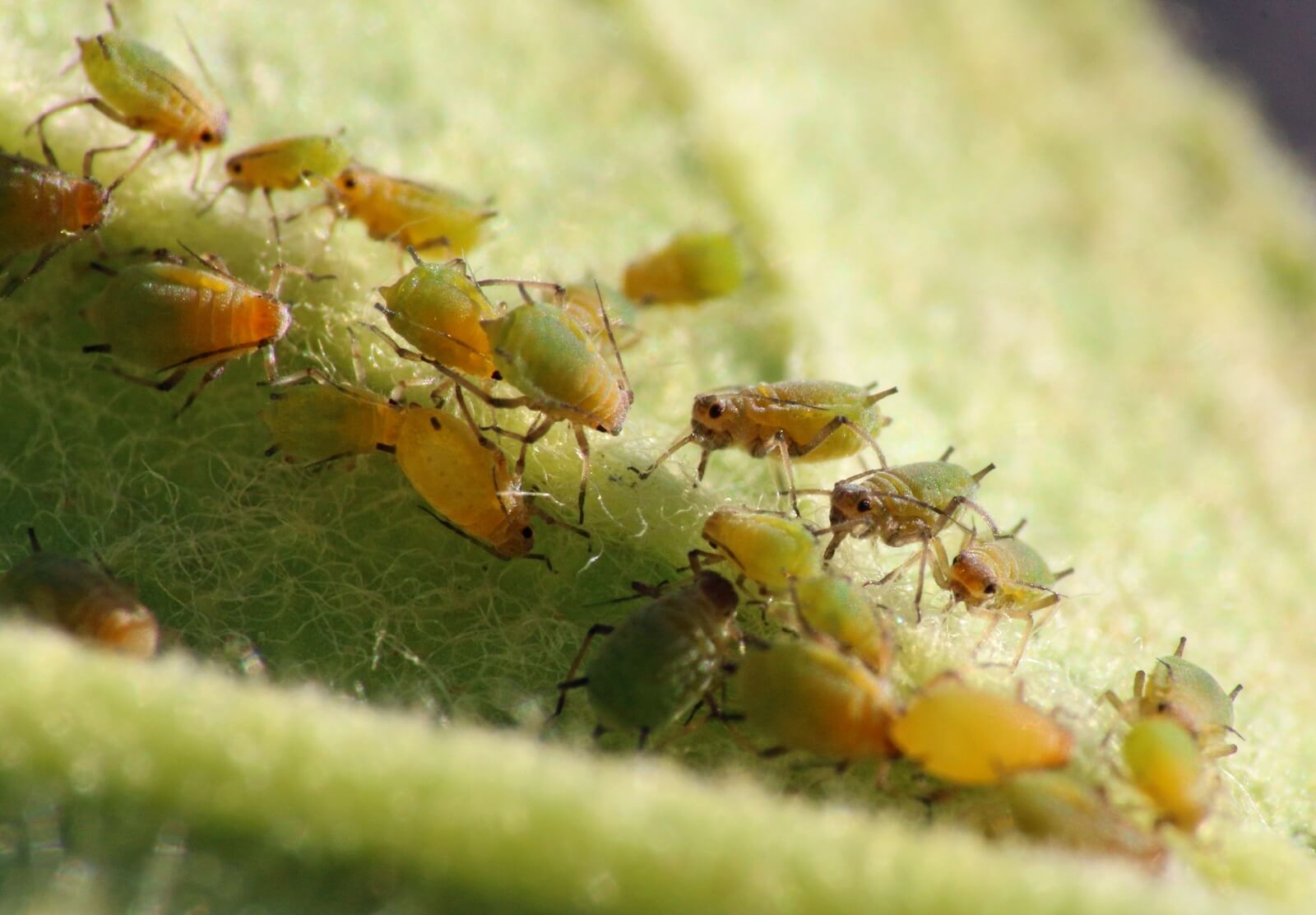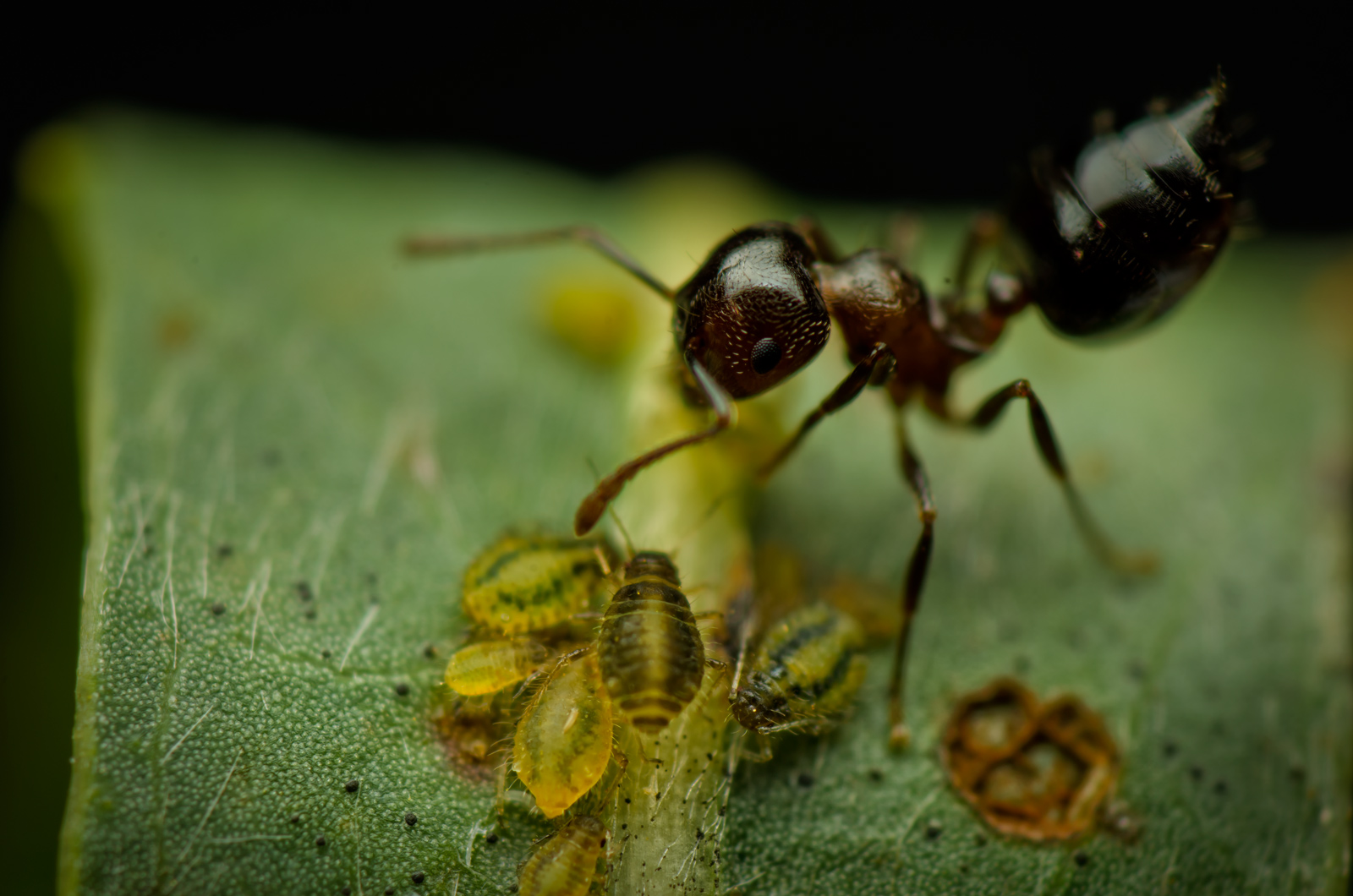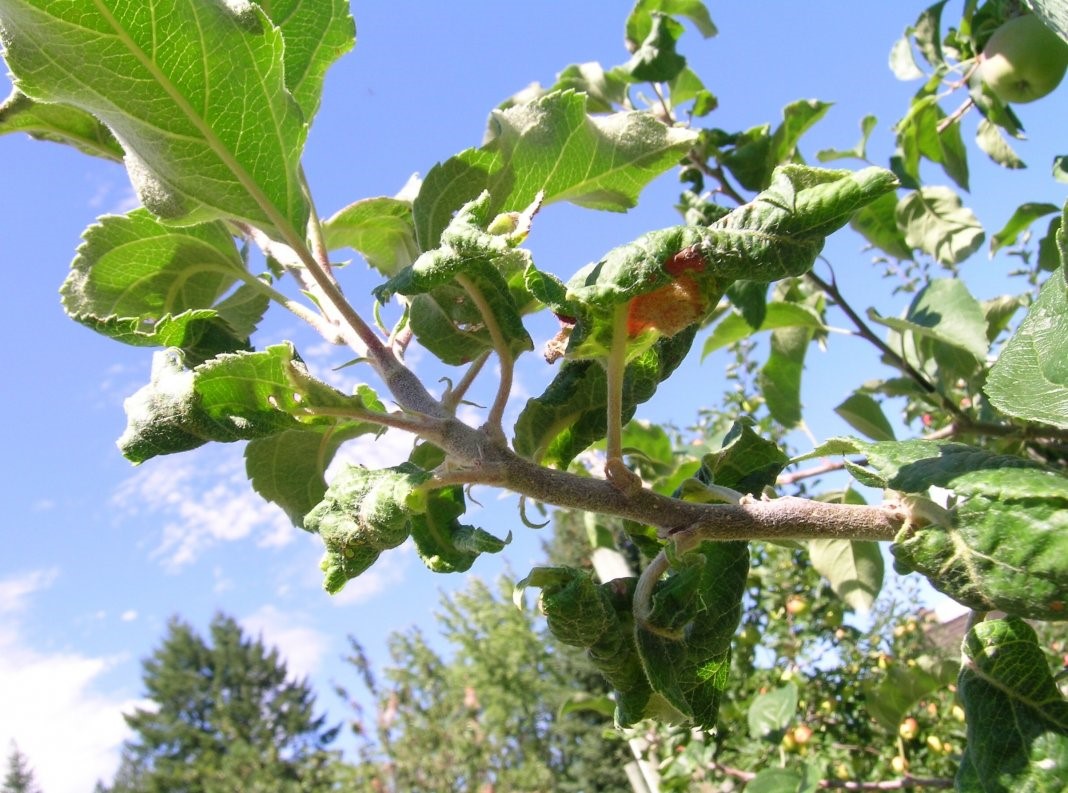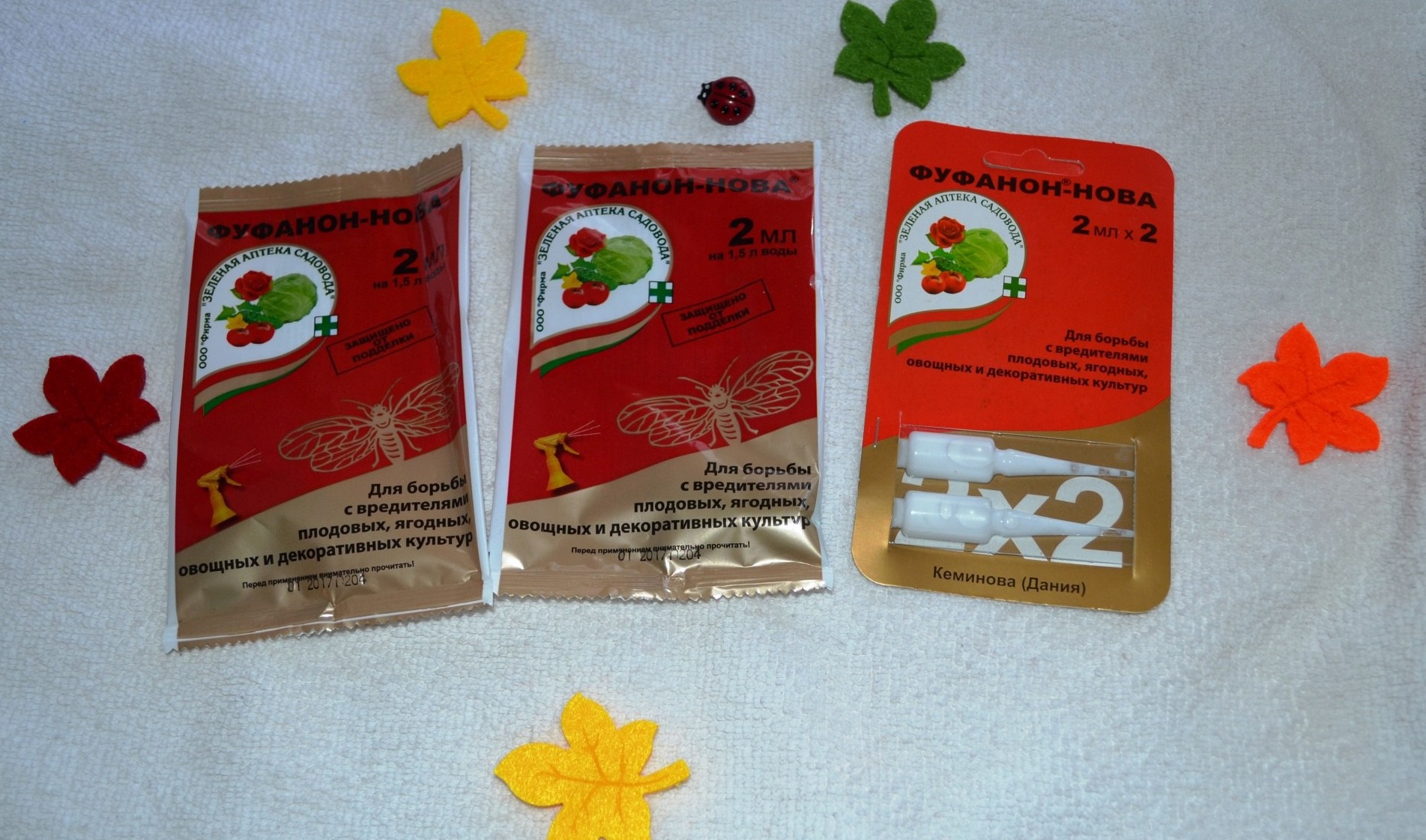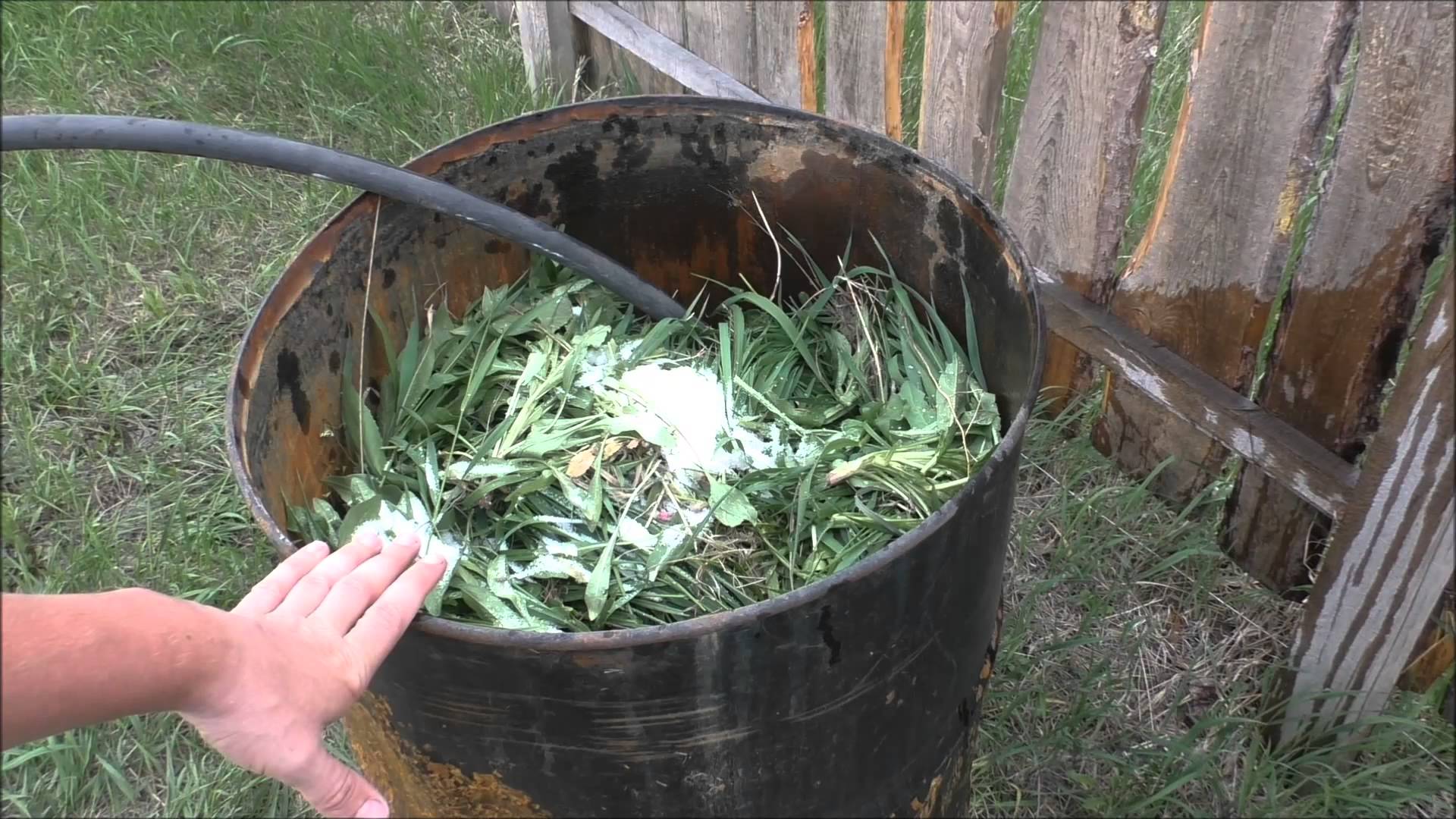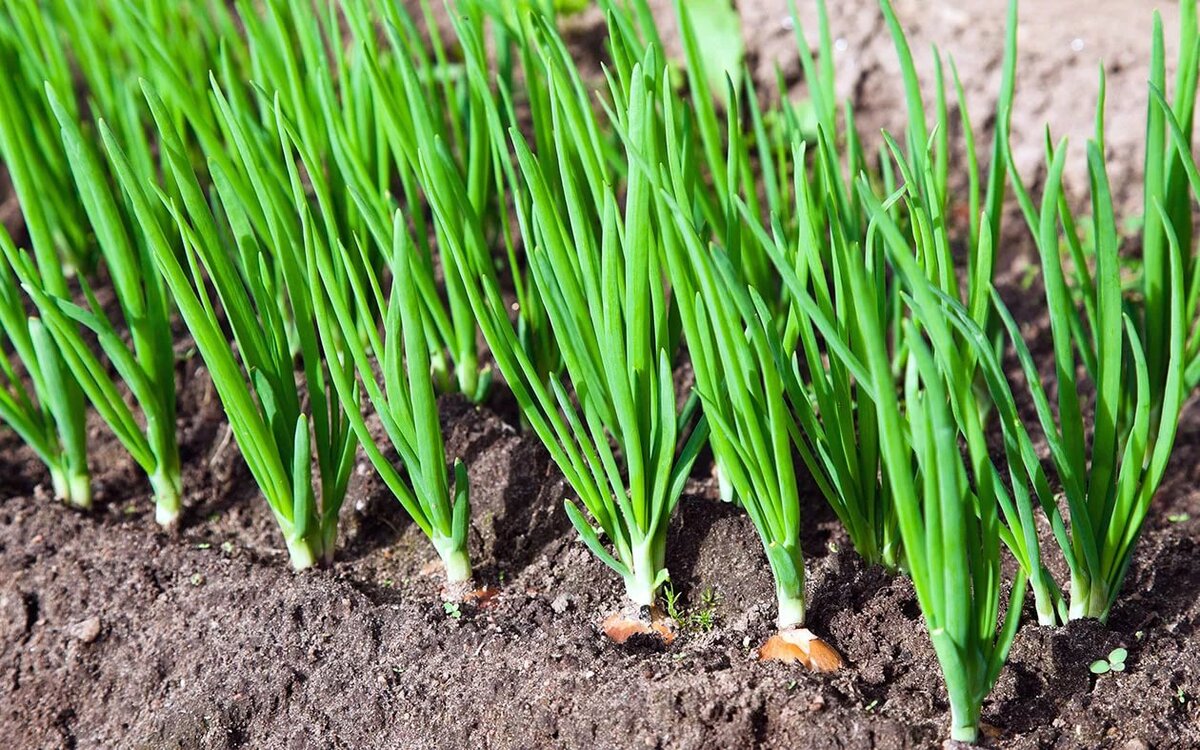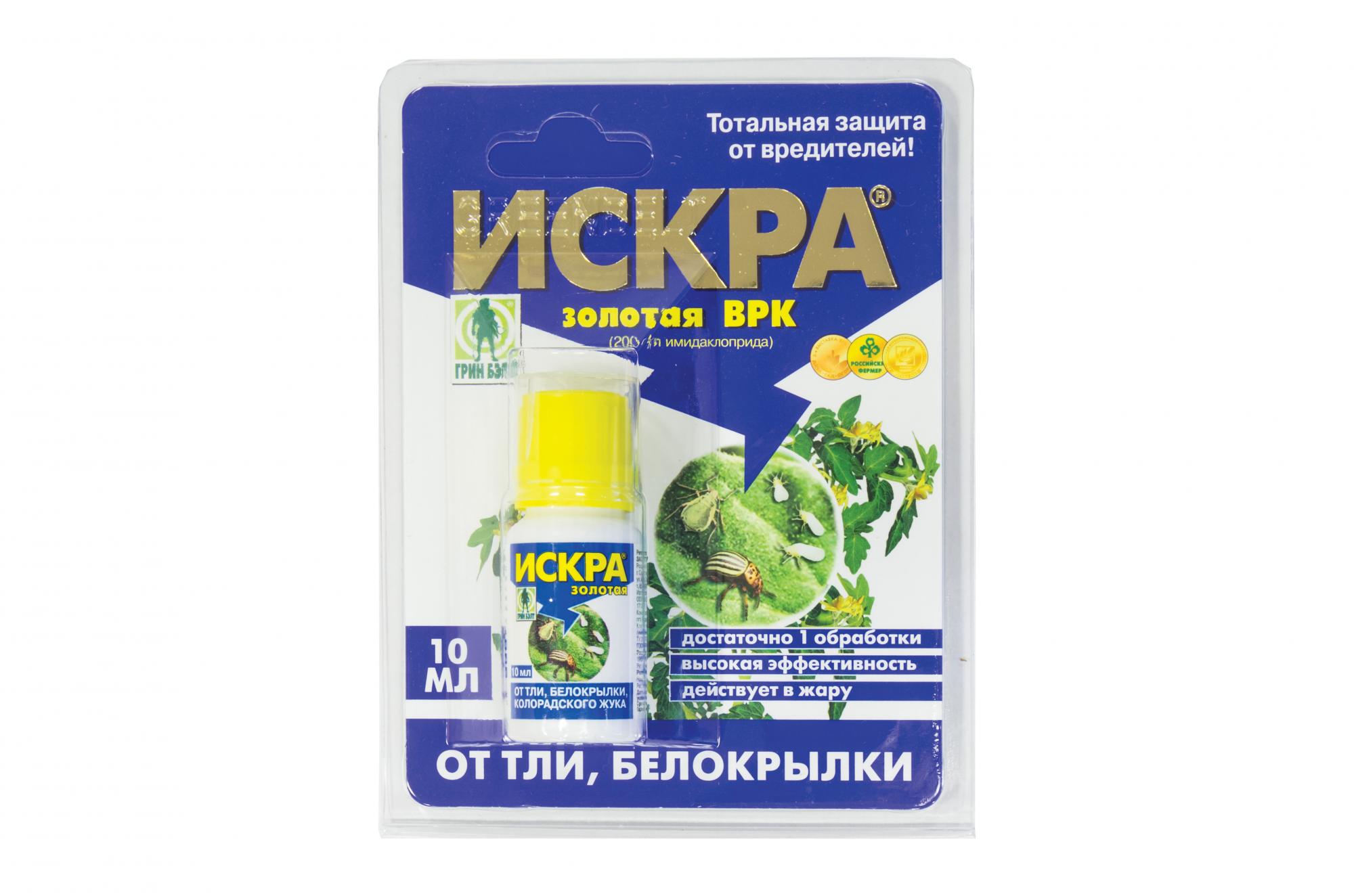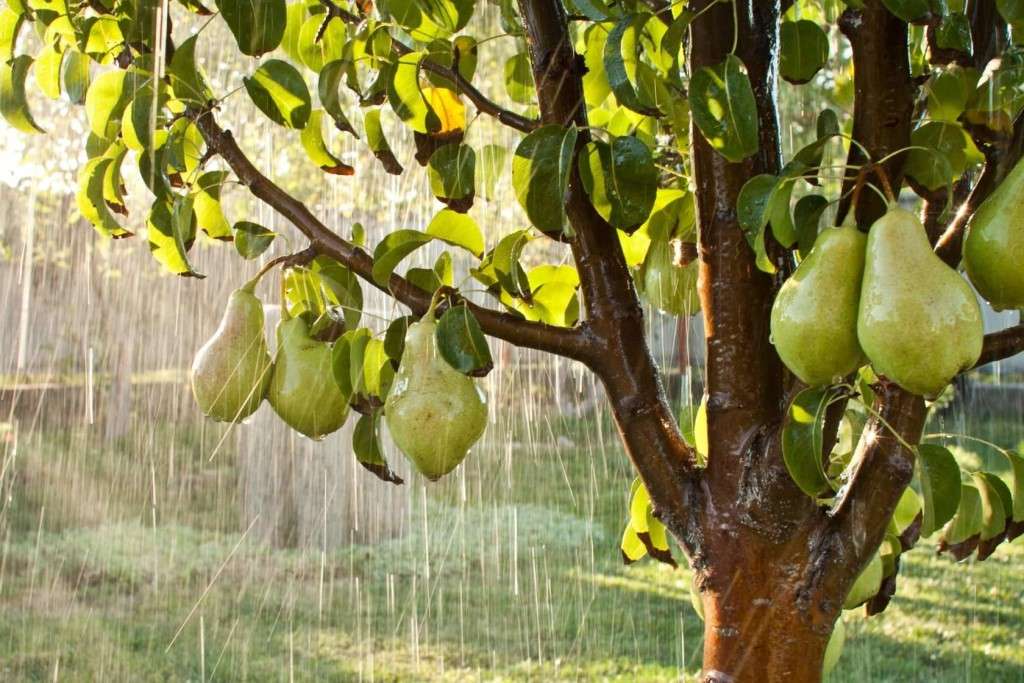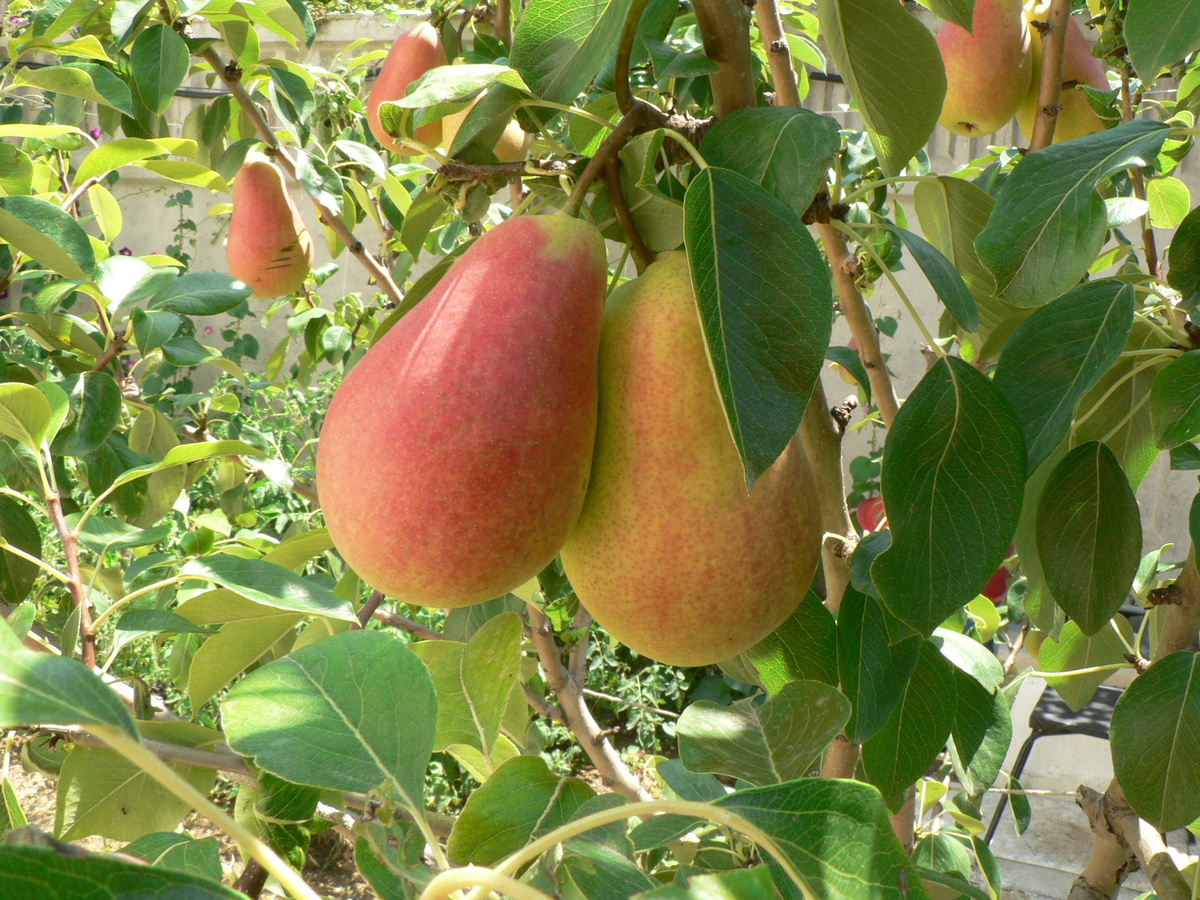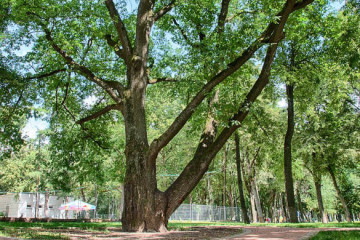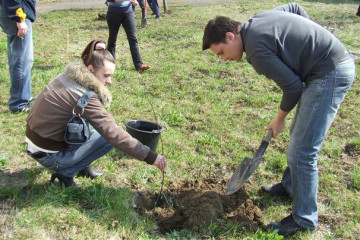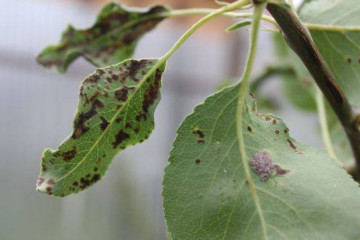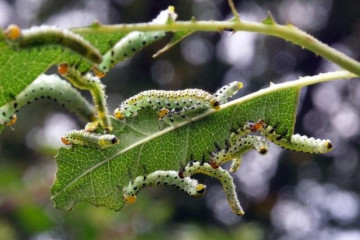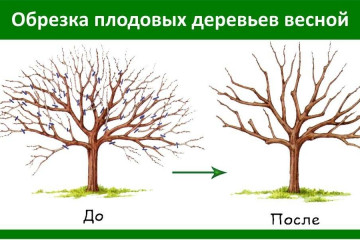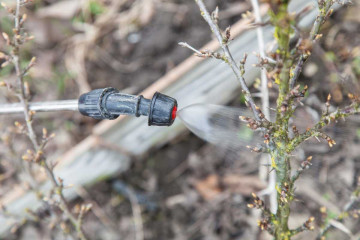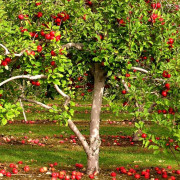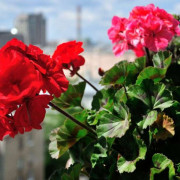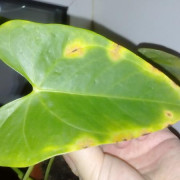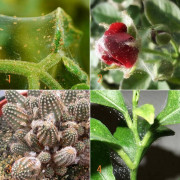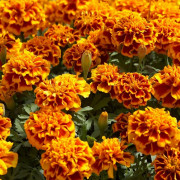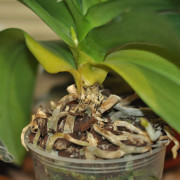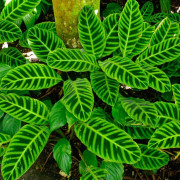Aphids on a pear - how to process fruit trees
Content:
For gardeners who grow fruit trees, one of the pressing issues is aphids on a pear, how to process the plant to rid it of the parasite. Various aphid families can breed on fruit trees and bushes. The main species that affect exclusively the pear are the green pear-umbrella and brown aphid.
Insect description
Aphids are a small insect. Its color can be translucent green, brown, red, and other colors are found. About five thousand species of aphids are known in the world, almost a thousand species are widespread in Russia. The pest feeds on carbohydrates and amino acids contained in plant juices. Digesting plant juices, aphids release sugar-containing waste products - pad.
Most aphid species reproduce through parthenogenesis. The parasite is able to multiply at a tremendous speed under favorable weather conditions and the absence of natural enemies - ladybirds, lacewings, hoverflies and other predatory insects. The female aphid lays up to 60 eggs at a time. During the summer season, an individual is capable of giving offspring 16 times.
The reasons for the rapid spread of aphids are hot weather, lack of rain and the presence of anthills near the trees. Ants protect pests from predators and promote their accelerated reproduction. When aphid colonies become numerous, the ants transfer the pests to neighboring plants.
Signs of aphids
One or more insects are difficult to spot. However, if the plants are affected by a colony of parasites, then they can be seen with the naked eye. Signs of serious damage to the tree and the need for urgent action are as follows:
- rolling the leaves of a tree into a tube and drying them;
- sticky liquid on the leaves;
- dark bloom on shoots and buds caused by the appearance of a sooty fungus.
Than the insect is dangerous:
- shoots, deprived of the juice sucked out by aphids, quickly dry up and die;
- aphids on a pear give off honeydew, which covers the leaves of the tree, thereby disrupting the access of oxygen and inhibiting its development;
- honeydew sugar attracts many other pests and is a breeding ground for sooty fungus and bacteria;
- the ability of the affected plant to resist various diseases decreases.
How to get rid of aphids on fruit trees
In order to avoid loss of yield, the parasite must be disposed of. To do this, apply:
- treating trees with chemical insecticides;
- folk remedies;
- biological preparations;
- planting plants that suppress aphids;
- resort to preventive measures.
Chemicals
The use of chemical insecticides gives a quick and effective result. The most common aphid chemicals on fruit trees and shrubs include:
- "Fufanon".Affects the digestive system of insects, destroying them. This is the most famous and affordable insecticide.
- Actellik. It is considered one of the best pest control products. Aphids are destroyed within three days after treatment. The tool retains its effect up to a month after spraying. Insect colonies die or leave the radius of the insecticide attack.
- "Bankol". Affects the intestines of pests. Absorbed into the cellular system of plants. Cannot be used on trees with emerging flowers due to the possibility of its penetration into the fruit. The cost of the drug is low.
- Aktara. The active substance is a nicotine derivative that has a paralytic effect on animals. It penetrates into the leaves of trees and stays there for a long time, destroying all insects that eat them.
- Biotlin. A relatively new drug. It does not cause insects to adapt to it, so it can be used for several years. Pests die 3-5 hours after the poison hits their body.
- Intavir. A synthetic analogue of natural insecticides. The method of action is paralytic. The term for complete destruction is from 7 to 12 days.
- "Karbofos". Designed to fight against aphids of such crops as apple, pear, quince, cherry, plum, sweet cherry and other fruit and ornamental plants. The duration of the protective effect of the drug is 10-14 days.
Traditional methods
The advantage of folk processing means is the possibility of making them at home, cheapness, safety for the human body, and getting an environmentally friendly harvest. The disadvantage is the short duration and incomplete disposal of pests.
Gardeners prefer to fight aphids with:
- Soap solution. Common laundry soap is used. Dissolves in 10 liters of water. Trees are sprayed with the prepared composition. The alkali in the soap will kill the insect.
- Ash. Prepared and used in the same way as soap solution. 30 grams of soap is added to the ash aqueous solution to enhance its adhesion to the leaves. The active ingredient is alkali.
- Potato or tomato tops. The cut tops of the plant are infused in a bucket of water for 4-5 hours. Trees are sprayed with the prepared solution.
- Infusion of onions in water. Several onions should be cut into pieces and placed in a bucket of water. The solution should be infused for at least a day. The liquid is filtered and the affected plants are treated.
- Infusion of tobacco. To prepare the product, you will need tobacco or tobacco dust and soap. The tobacco is added to the water and left for a couple of days. After filtering the solution, more soap is added.
- Decoction of dandelion or chamomile stems. Half a kilogram of plant stems are infused for a day in a liter of water. Then the liquid is boiled and 3 heads of grated garlic are added, after which it is kept boiling for 10 minutes. The infusion is diluted with a bucket of water with the addition of soap.
- Alcohol solution. A 20 percent alcohol / water solution will also kill aphids when spraying the affected leaves.
- Ammonia. Dilute in a proportion of 50 mg per bucket of water with the addition of soap. Ammonia contained in ammonia paralyzes the breathing of the pest.
- Other means. Other substances are also used to destroy aphid colonies: iodine, soda, tar, food acids, mustard, sour milk.
Helps get rid of aphids and planting repellent and attractant plants:
- Onion and garlic. Biologically active substances secreted by these vegetables have a negative effect on pests. To remove insects, it is recommended to plant plants near trees.
- Parsley, dill, fennel, mint, lavender, calendula.These repellent plants contain essential oils that suppress the nervous system of aphids. Their presence in garden plots scares off pests. Plant beds should be done near the trunk of the pear.
- Celery. This plant attracts ladybirds, which in turn feed on parasitic insects.
- Carrot. This plant attracts aphid colonies. If you plant carrots next to fruit trees, then pests will prefer them as an object of attack. Affected carrots will be easier to treat with insecticides without exposing the more valuable fruit trees to chemistry.
Biological preparations
The pesticides listed below, in contrast to the above list of chemical insecticides, pose less threat to human health, however, they should also be used with caution:
- Iskra M. Phosphorus is an organic biological product of contact and intestinal effects. The drug causes paralysis of insects within 0.5-2 hours after application. Remains active for 14 days. It is recommended to process the plants 1-2 times a season.
- "Spark Double Effect". The principle of action of the drug is similar to the previous one. It contains potassium supplements that strengthen the immune system of plants.
- Iskra Zolotaya. The active ingredient of the agent is a neonicotinoid that paralyzes insects and leads to their death. A distinctive feature of the drug is the lack of absorption into plant cells.
Preventive measures to protect pears from aphids
To prevent the spread of aphids and other insect pests among the plantings, it is necessary to create an unfavorable environment for their life and systematically implement preventive measures:
- Destruction of pest eggs. It is imperative to remove fallen leaves and weeds from the pear cultivation area at the end of the season. In them, pests lay eggs for the winter. The collected garbage is recommended to be burned outside the site.
- Destruction of anthills. Aphids usually move with ants, which eliminate natural enemies of pests and transfer them to other plants, facilitating their spread. If you destroy anthills in and around the site, then the colonies of aphids will look for a safer place to breed. There is no need to destroy settlements of red ants. Unlike black ants, red ants destroy the pest.
- Attracting birds. Many small birds eat pests. Attracting birds with the help of feeding will positively affect the decrease in the number of insects in the garden.
- Digging soil around the tree trunk. This action must be performed before winter, then the insect eggs will die.
- Whitewashing the bark of the trunk at the bottom.
- Pouring boiling water over the bark and earth around the pear.
- The use of a fabric belt-trap, impregnated with a sticky mass, which is tied around the trunk of the pear.
- Sprinkling pears and watering the soil on the site. Watering trees with water (preferably cold, from a well) leads to flushing from the leaves and the insects themselves and sugar-containing secretions. Keeping the soil moist helps to curb the spread of this parasite.
Aphid-resistant varieties
One of the most obvious ways to prevent aphid infestation on pears is to cultivate varieties that are resistant to this pest. These include Severyanka, In Memory of Yakovlev, Kudesnitsa and Avgustovskaya Dew.
Using the described methods of protection against aphids will allow you to get a high yield of pears. The main thing is not to rely on only one of the methods, but to combine them and regularly apply preventive measures.
